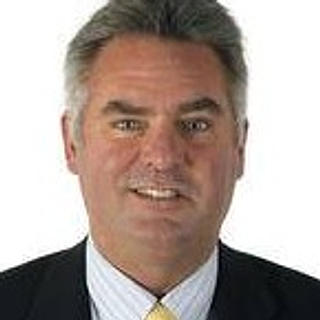July 9, 1977 – Orioles 6, Yankees 5
- Sal Maiorana
- Jul 9, 2017
- 3 min read

BALTIMORE – Jim Palmer often referred to his relationship with manager Earl Weaver as a love-hate deal. And it seems as if the only thing they ever had in common is that they both ended up in Cooperstown, enshrined in baseball’s Hall of Fame.
Palmer was a cerebral player, not to mention an outspoken one, and there were countless times when he and Weaver would have differing opinions, whether it was about what pitch to throw, or what sandwiches should be included in the post-game buffet.
Oddly, many of their disagreements ran 180 degrees counter to what goes on today in Major League Baseball. Now, pitchers get aggravated when the manager takes them out because of the almighty pitch count number. For Palmer, he used to get aggravated because far too many times Weaver refused to take him out.
“When you’re going through it, it’s hard to grasp it,” Palmer once said. “His expectation level was so high. If I gave him eight innings, he wanted nine. If I gave him 325 innings, he wanted 350. He’d come out to the mound and say, ‘Don’t be looking out in the bullpen. There’s nobody better out there.’”
It was a different era for baseball, and Weaver was from the old school that believed a starting pitcher should finish what he starts, one that Billy Martin certainly subscribed to as well. That helps to partially explain why, when they Palmer and Weaver were together between 1969 and 1982, Palmer had at least 20 complete games in four seasons (three years straight from 1975-77) and led the American League in innings pitched four times, three of those beyond 300 innings including a career-high 319 in this 1977 season.
“One day, he came to the mound when I’m in trouble in an inning after Mark Belanger, who was as good a shortstop as there was, made an error, and Boog Powell lost a ball in the sun,” Palmer said. “He says to me, ‘Are you trying?’ I said, ‘That’s it, Earl?’ Why don’t you say that to your 280-pound first baseman who lost a ball in the sun and watch him plant you in the ground?’”
Palmer was the proverbial horse, and already this season, the lanky right-hander with the big overhand delivery had pitched 12 complete games, and gone into at least the eighth inning on six other occasions, including this game at Memorial Stadium.
The Yankees knocked Palmer around pretty good, but Weaver was fortunate that Sparky Lyle blew the save, with the help of a Willie Randolph error, as the Orioles scored three runs in the eighth to rally for the victory. Palmer should have been out of the game long before Thurman Munson hit a solo homer in the top of the eighth to extend New York’s lead to 5-3.

“I shouldn’t have been in the game because I was tired,” Palmer admitted afterward, openly calling out Weaver. “I begged Earl to take me out, but he left me out there.”
Palmer referenced a start in Boston on June 9 where it was the same situation. In that one, he gave up seven runs on eight hits, four of which were home runs, in an eight-inning complete road game. Then on June 22 against the Red Sox, another loss for Palmer, he pitched all nine innings despite getting shelled for five home runs. “I shouldn’t have been in that game either, I was exhausted,” Palmer lamented.
Besides Munson, Palmer was tagged for a two-run homer by Graig Nettles, giving him an incredible 20 gopher balls, highest total in the AL. Yet Baltimore won the game as Lyle - after working a scoreless seventh when he replaced Ron Guidry who left with a sore ankle - was hurt by Randolph’s error on a ball hit by Eddie Murray. That play, a wild pitch, and three singles - the last by No. 9 hitter Dave Skaggs – crafted Baltimore’s game-winning three-run flurry.
Because of the night’s results, the Yankees, Orioles and Red Sox were all within a game of each other in the AL East division race at the halfway point of the season.






Comments